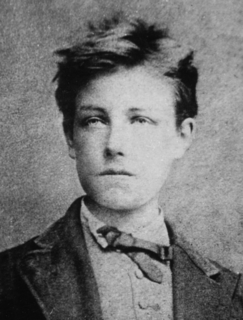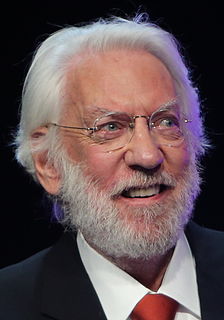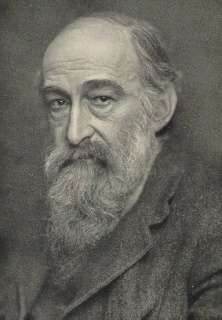A Quote by William of Ockham
Intuitive cognition of a thing is cognition that enables us to know whether the thing exists or does not exist, in such a way that, if the thing exists, then the intellect immediately judges that it exists and evidently knows that it exists, unless the judgment happens to be impeded through the imperfection of this cognition.
Related Quotes
Love...no such thing. Whatever it is that binds families and married couples together, that's not love. That's stupidity or selfishness or fear. Love doesn't exist. Self interest exists, attachment based on personal gain exists, complacency exists. But not love. Love has to be reinvented, that’s certain.








































